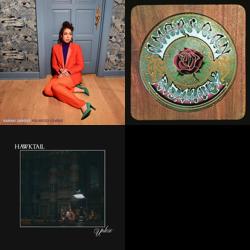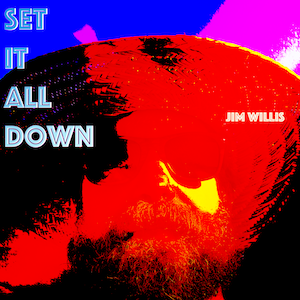NetNewsWire is free. Best RSS reader ever.
NewsGator also announced that all of its client RSS reader products are now available free of charge and include free synchronization along with other services
NetNewsWire is free. Best RSS reader ever.
NewsGator also announced that all of its client RSS reader products are now available free of charge and include free synchronization along with other services
FCC to Probe Comcast Data Discrimination
A possible good win for Net Neutrality: The Federal Communications Commission will investigate complaints that Comcast Corp. actively interferes with Internet traffic as its subscribers try to share files online, FCC Chairman Kevin Martin said Tuesday.
Christopher emailed me about a piece he wrote on Network Solutions having been caught in the act of registering a domain based on users searching for a domain to register.
iMovie ‘08 needs 12 minutes to export a 640 X 480 2 ½ minute video of a screen capture tutorial i made for a client. Insanely lame.
Gino’s pizza rolls for lunch. Just out of toaster oven. Commence roof-of-mouth burning … now
Predictions for 2008 – Climate Change – Global Warming – John Tierney – New York Times
Todayâs interpreters of the weather are … availability entrepreneurs: the activists, journalists and publicity-savvy scientists who selectively monitor the globe looking for newsworthy evidence of a new form of sinfulness, burning fossil fuels.
JJ turned me on to this great looking race this spring. Don’t know if I’ll be ready for a 15k with this many hills though.
Desktoptopia is packed with features that make it simple to automatically update your monitor with our designer desktops as often as you like. Check out some of these key features.
frustrated by my client’s poor choice in domain registration (uk2.net) but sorta liking the attitude at freedns.afraid.org
Looking to take kids to park this AM (Thompson or holmdel). Call if want to hook up.


Check out my album Set It All Down on your favorite streaming service.